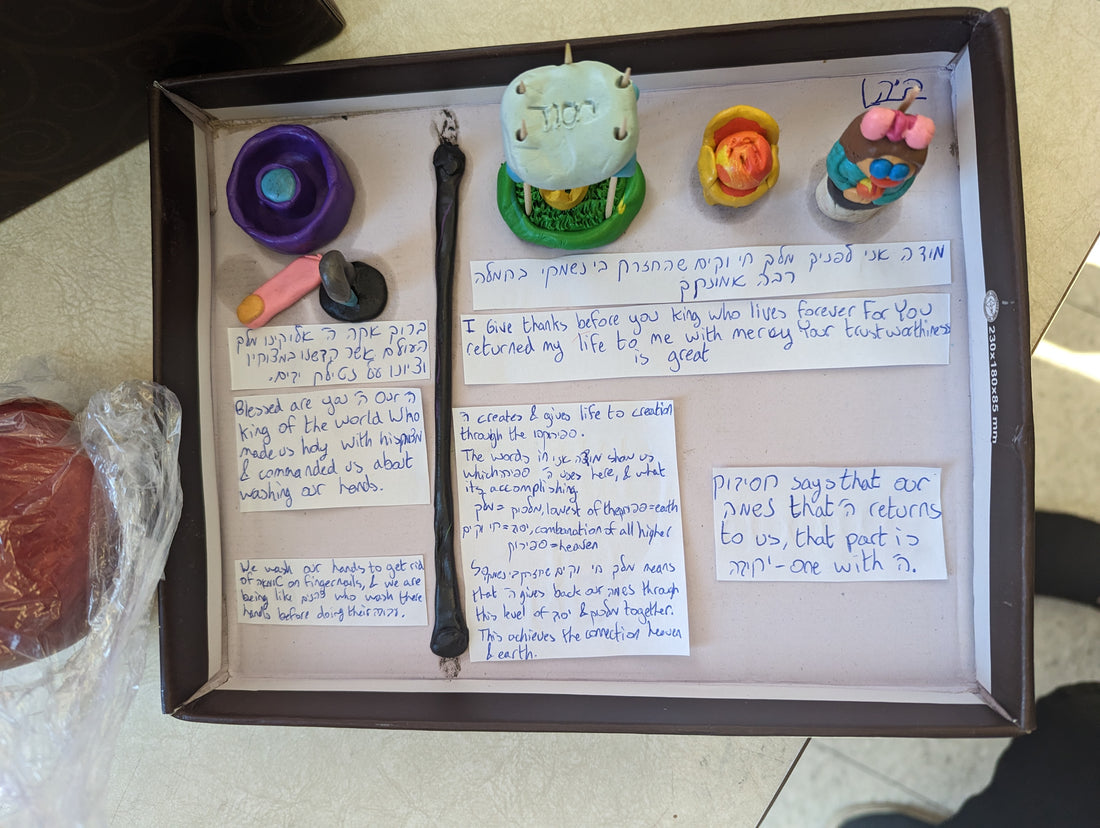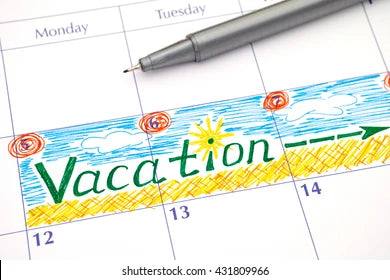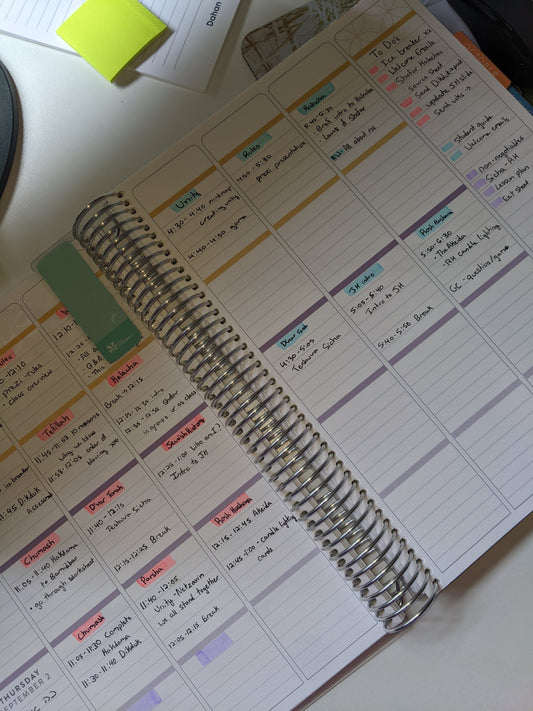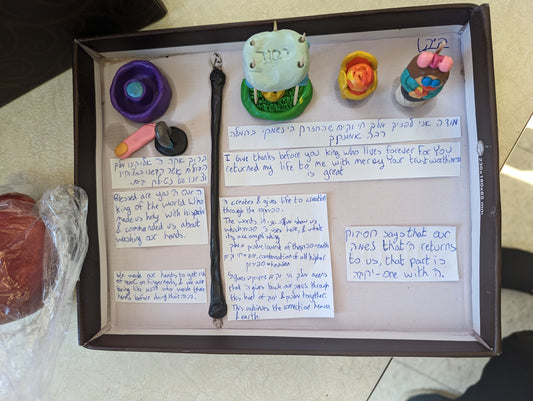Alternative Assessments
We, teachers, overhear a lot more than our students would expect. We know the classes they dread, that one girl didn’t finish her homework, that the next teacher is giving a test, but half the class didn’t know there was a test. Students complain that “they stayed up really late studying” or “whatever, I don’t even care, I’m just going to fail.”
But, the thing I hear over and over again is, “What’s the point of having a test if I am just going to forget all the information afterward?”
So as usual, my students make a point. What is the point of giving a test?
As teachers, our goal in teaching is that we want our students to learn and retain the information we’ve taught in hopes that they can either build upon the knowledge, strengthen their skills, or walk away with a valuable lesson.
What is a test? A test isn’t so much the format as it’s the goal. A test “tests” see how much a student remembers and how well a student memorizes the information in order to correctly answer the questions to get a good mark. Students end up studying for hours to make sure they study every little detail, which is why they tend to forget important information.
But what if instead of “testing” we “assessed” our students? Assessments assess the student's knowledge of the topic and give you a better understanding of where your class is at. By assessing your students you aren’t trying to “test” their knowledge, you are assessing how they are doing. This will allow you to adjust your teaching and review if need be.
Quite often I have a student who is very smart and bright. During the classes, she participates and completes all of her assignments, but when the time comes for a “test”, she freezes and can’t remember half of the answers and fails. This tends to unmotivated this student and she begins to put in less effort. If this same student was given an alternative assessment she would likely be more successful. Success fuels motivation.
Instead of always giving a traditional test or Q & A assessment I like to use alternative assessments. I find that more students do well with an alternative assessment than a test. Alternative assessments show a more in-depth level of understanding and application compared to a Q & A test.
If you prefer to give traditional tests, check out my post on Effective Testing.
How can I bring Alternative Assessments into my classroom?
Here are some suggestions of how you can use alternative assessments based on your subject.
For the Chumash Teacher
- A class museum - journey through the midbar / Aseres HaDibros / Makos
- Brochure presentation - the avos, the makos, Yisro's judicial system
- 3D Camp of B'nai Yisroel in the Midbar
- Spy Mission - Shelach
- Shoreshim games
- Make your own quiz
For the Navi Teacher
- Comic strips
- Scrapbook
- Brochures on the Melachim
- 3D model of the battles, Shlomo's throne, artifacts of the Beis Hamikdash
- plays on the Shoftim
- Poems - Shiras Chana
For the Halacha Teacher
- Brachos - Food blog review
- Cooking on Shabbos - Cooking shabbos presentation
- Matching game
- Advertisements of the 39 melachos
- Morning Routine for Hashkamas Haboker
For the Historia Teacher
- Portfolio of projects throughout your journey in history
- Family History project
- 3D model of a shtetle / Ghetto
- Museum exhibits
- Personal Essays
- Diary entries / letters
- Research paper
- Brochures - Biographies, countries/cities, stages
For the Parsha / Sichos / Chassidus
- Comic strips
- Children's book
- Teach it
- Mind maps
- Presentations
For the Tefillah Teacher
- Tefillah museum
- Brochures
- Presentations (each gets a different bracha)
- Journal
- Brachos ads
- Bookmarks
You aren't limited to these and can use any form of assessment you want in your classroom.
Here are the reasons why I love using alternative assessments.
- They give more flexibility for the student show me what they do know verse what they memorized
- They cause less anxiety than a tradition Q& A test
- They allow for individuality and creativity.
Although alternative assessments tend to take longer - they allow for the knowledge LAST longer too. Short - long way verse the long - short way. You choose.
Alternative assessments allow for students to be creative and express their individuality, they allow for teamwork and they give students room to show you what you do know. Alternative assessments are more fun for your students and therefore they care more about what they are learning.
So, what form of alternative assessment will you be using in your classroom?




